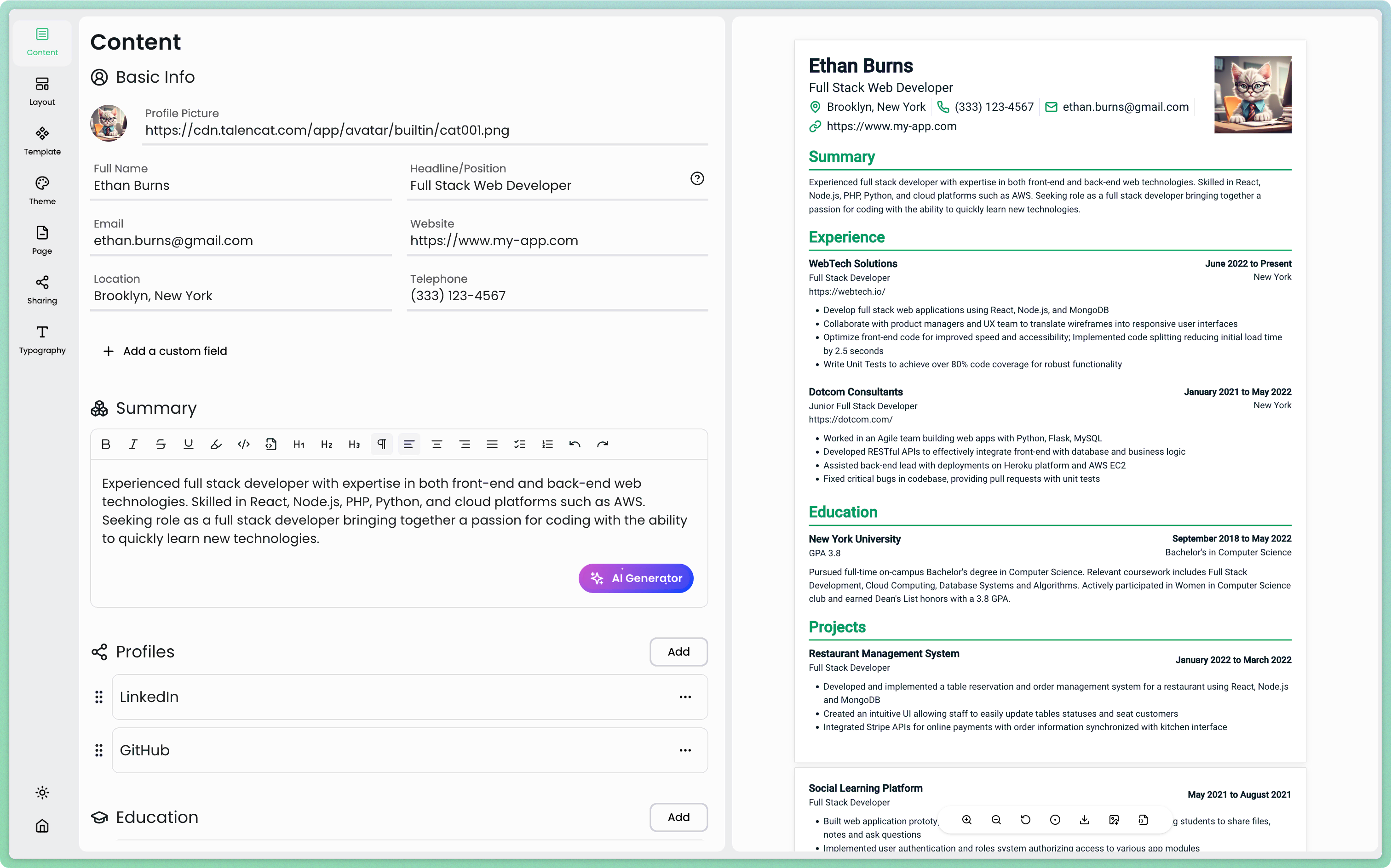Preparing for a forklift driver interview can be a daunting task, but with the right knowledge and preparation, you can confidently showcase your skills and experience to potential employers. This comprehensive guide will walk you through the essential aspects of forklift driver interview questions, providing you with valuable insights and strategies to help you succeed in your job search.
Introduction
Importance of Preparing for Forklift Driver Interviews
Forklift driver positions are crucial in many industries, from warehousing and logistics to manufacturing and construction. As such, employers are keen to find candidates who not only possess the necessary technical skills but also demonstrate a strong commitment to safety and efficiency. By thoroughly preparing for your interview, you can showcase your qualifications and stand out from other applicants.
Overview of Common Interview Questions
Forklift driver interviews typically cover a range of topics, including technical knowledge, safety protocols, and behavioral scenarios. Understanding the types of questions you may encounter and how to approach them effectively can significantly boost your chances of landing the job.
Types of Forklift Driver Interview Questions
Technical Skills Questions
Employers want to ensure that you have the necessary technical expertise to operate a forklift safely and efficiently. Be prepared to answer questions about your experience, knowledge of safety protocols, and familiarity with different types of equipment.
Questions about Forklift Operation Experience
Sample Question: "Can you describe your experience operating different types of forklifts?"
Expert Answer: "I have five years of experience operating various types of forklifts, including counterbalance, reach trucks, and order pickers. I'm comfortable with both electric and propane-powered models, and I've worked in diverse environments such as warehouses, distribution centers, and manufacturing facilities. This diverse experience has given me the ability to adapt quickly to different equipment and workplace layouts."
Questions about Safety Protocols
Sample Question: "What steps do you take to ensure safety before operating a forklift?"
Expert Answer: "Before operating a forklift, I always conduct a thorough pre-operation inspection. This includes checking fluid levels, tire condition, and the integrity of the forks and mast. I also ensure that all safety features, such as lights, horn, and backup alarm, are functioning correctly. Additionally, I assess the work area for potential hazards and ensure I'm wearing appropriate personal protective equipment. Safety is my top priority, and I believe these steps are crucial in preventing accidents and maintaining a safe work environment."
Questions about Equipment Familiarity
Sample Question: "How do you determine the weight capacity of a load and ensure you don't exceed the forklift's limits?"
Expert Answer: "To determine the weight capacity of a load, I always check the load's weight markings or use a scale if available. I then compare this to the forklift's load capacity chart, which I'm familiar with for each machine I operate. I take into account factors such as the load center and lift height, as these can affect the forklift's stability and capacity. If I'm ever unsure, I consult with my supervisor or the equipment manual to ensure I'm operating within safe limits. It's crucial to never exceed the forklift's capacity to prevent accidents and equipment damage."
Behavioral Questions
Behavioral questions help employers assess your problem-solving skills, teamwork abilities, and how you handle various workplace situations. These questions often require you to provide specific examples from your past experiences.
Situational Questions
Sample Question: "Tell me about a time when you had to meet a tight deadline while maintaining safety standards."
Expert Answer: "In my previous role, we had a large shipment that needed to be unloaded and sorted within a four-hour window due to a scheduling conflict. I knew we had to work efficiently, but I also understood that rushing could lead to safety risks. I gathered my team for a quick briefing, emphasizing the importance of maintaining our safety protocols despite the time pressure. We divided tasks efficiently, with experienced operators handling more complex loads. I also ensured regular breaks to prevent fatigue. By staying focused and coordinated, we completed the task safely and on time, demonstrating that efficiency and safety can go hand in hand."
Questions about Teamwork and Communication
Sample Question: "How do you ensure effective communication with your team members and supervisors during busy periods?"
Expert Answer: "Clear communication is vital in a fast-paced environment. I make it a point to use agreed-upon hand signals when operating in noisy areas and always confirm that my message has been received and understood. For complex instructions, I prefer face-to-face communication to avoid misunderstandings. I also believe in regular check-ins with team members and supervisors to ensure we're all on the same page regarding priorities and potential issues. By fostering open communication, we can address challenges proactively and maintain a smooth workflow."
Questions about Problem-Solving Skills
Sample Question: "Describe a situation where you encountered a mechanical issue with your forklift. How did you handle it?"
Expert Answer: "During a busy shift, I noticed unusual noises coming from my forklift's hydraulic system. Recognizing that this could potentially lead to a serious malfunction, I immediately stopped operations and informed my supervisor. I provided a detailed description of the issue and suggested we have the maintenance team inspect the forklift before continuing use. While the forklift was being checked, I helped coordinate with my team to redistribute the workload, ensuring we could continue operations with minimal disruption. This proactive approach prevented a potential accident and demonstrated the importance of addressing equipment issues promptly."
Scenario-Based Questions
Scenario-based questions allow employers to assess how you would handle specific situations that may arise on the job. These questions test your decision-making skills and ability to apply your knowledge in practical situations.
Handling Difficult Situations
Sample Question: "How would you handle a coworker who consistently ignores safety protocols?"
Expert Answer: "If I noticed a coworker consistently ignoring safety protocols, I would first approach them privately to express my concerns. I'd explain the potential risks their behavior poses to themselves and others, and remind them of the importance of following safety procedures. If the behavior persisted, I would document the incidents and report them to my supervisor or the safety manager. Safety is everyone's responsibility, and it's crucial to address such issues to maintain a safe work environment for all."
Emergency Response Scenarios
Sample Question: "What would you do if you witnessed a forklift accident in your work area?"
Expert Answer: "If I witnessed a forklift accident, my first priority would be to ensure the safety of everyone in the immediate area. I would quickly assess the situation and call for emergency assistance if needed. I'd secure the area to prevent further accidents and, if safe to do so, provide first aid to any injured individuals. I would then notify my supervisor and follow company protocols for accident reporting. After the immediate situation is handled, I'd be prepared to provide a detailed account of what I observed to help with any investigation and to prevent similar incidents in the future."
Prioritizing Tasks in a Busy Environment
Sample Question: "How do you prioritize tasks when you have multiple urgent orders to fulfill?"
Expert Answer: "When faced with multiple urgent orders, I first assess each order's deadline and importance. I consider factors such as customer priority, order size, and the current location of required items. I then create a mental plan that allows me to efficiently complete tasks, often by grouping similar orders or those in nearby locations. I also communicate with my supervisor to ensure I'm aligning my priorities with overall team goals. Throughout the process, I remain flexible and ready to adjust my plan if new, more urgent tasks arise. The key is to balance efficiency with accuracy and safety."

TalenCat: Prepare for Forklift Driver Interview Questions
When preparing for a forklift driver interview, it's essential to anticipate the questions that may arise based on your resume. TalenCat CV Maker is an excellent tool that can help you create a professional resume and analyze its content to prepare for potential interview questions.
Step 1: Log in to TalenCat CV Maker
Begin by logging into TalenCat CV Maker. You can either create a new resume tailored for a forklift driver position or upload your existing resume for analysis.
Step 2: Access the AI Assistant
Once logged in, navigate to the left-side menu and click on "AI Assistant" followed by "Interview Assistant." This feature will analyze your resume content specifically for forklift driver roles.

Step 3: Generate Interview Questions
Click on "Analyze Now." TalenCat CV Maker will generate a list of potential interview questions that you may face during your forklift driver interview, based on the details provided in your resume.

With these tailored questions, you can prepare thoroughly for your forklift driver interview, ensuring you can confidently address any inquiries related to your experience and skills.
Preparing for an interview can be overwhelming, but with the Interview Assistant feature of TalenCat CV Maker, you can gain a significant edge. By understanding the potential questions beforehand, you can craft thoughtful responses that highlight your qualifications and experiences effectively.
Best Practices for Answering Forklift Driver Interview Questions
STAR Method for Behavioral Questions
When answering behavioral questions, use the STAR method (Situation, Task, Action, Result) to structure your responses. This approach helps you provide concise, relevant examples that showcase your skills and experience.
Demonstrating Safety Awareness
Throughout the interview, emphasize your commitment to safety. Discuss specific safety practices you've implemented or followed in previous roles, and highlight any safety certifications or training you've completed.
Highlighting Relevant Experience
When discussing your experience, focus on aspects that are most relevant to the position you're applying for. Emphasize skills and accomplishments that align with the job requirements and company values.
Common Mistakes to Avoid
Lack of Preparation
One of the biggest mistakes candidates make is failing to prepare adequately for the interview. Research the company, review common interview questions, and practice your responses to ensure you're ready to make a strong impression.
Failing to Ask Questions
At the end of the interview, you'll likely be given the opportunity to ask questions. Failing to do so can make you appear uninterested or unprepared. Prepare thoughtful questions about the company, the role, and the team to demonstrate your enthusiasm and engagement.
Underestimating the Importance of Safety
Safety is paramount in forklift operation. Failing to emphasize your commitment to safety or downplaying its importance can be a red flag for employers. Always highlight your safety-first mindset throughout the interview.
Resources for Further Preparation
Recommended Reading and Websites
To further enhance your knowledge and preparation, consider exploring the following resources:
- OSHA's Powered Industrial Trucks (Forklift) eTool
- National Safety Council's Forklift Safety Training
- "The Forklift Operator's Handbook" by David Budzik
Practice Interview Questions
Utilize online resources and job preparation websites to find additional forklift driver interview questions. Practice answering these questions out loud to improve your confidence and articulation.
Online Courses and Certifications
Consider taking online courses or obtaining additional certifications related to forklift operation and safety. These can enhance your qualifications and demonstrate your commitment to professional development.
Conclusion
Recap of Key Points
Preparing for a forklift driver interview requires a combination of technical knowledge, safety awareness, and the ability to effectively communicate your experience and problem-solving skills. By familiarizing yourself with common interview questions, practicing your responses, and highlighting your commitment to safety and efficiency, you can significantly increase your chances of success.
Encouragement to Practice and Prepare
Remember, thorough preparation is key to a successful interview. Take the time to review your experience, practice your responses, and research the company. With dedication and the right approach, you can confidently showcase your skills and land the forklift driver position you desire.
By following the guidance provided in this article and continually honing your skills, you'll be well-equipped to tackle any forklift driver interview with confidence and professionalism. Good luck with your job search!




